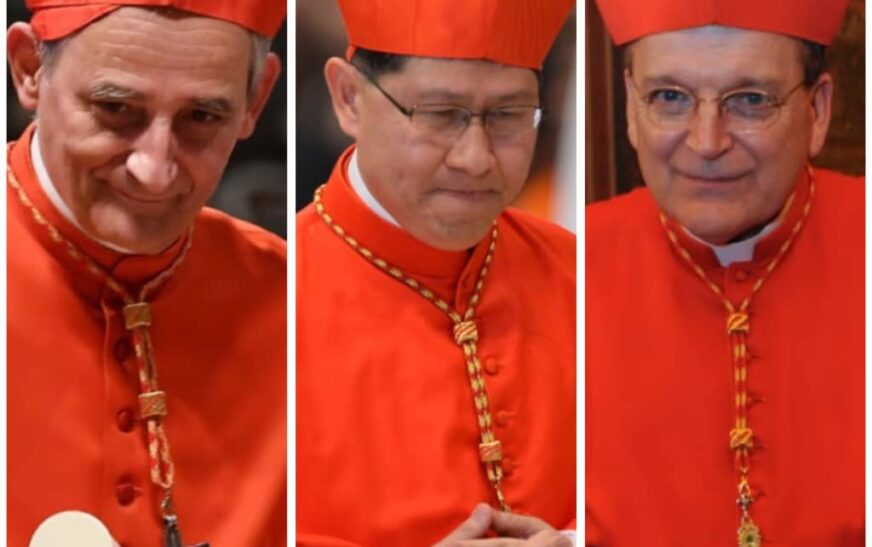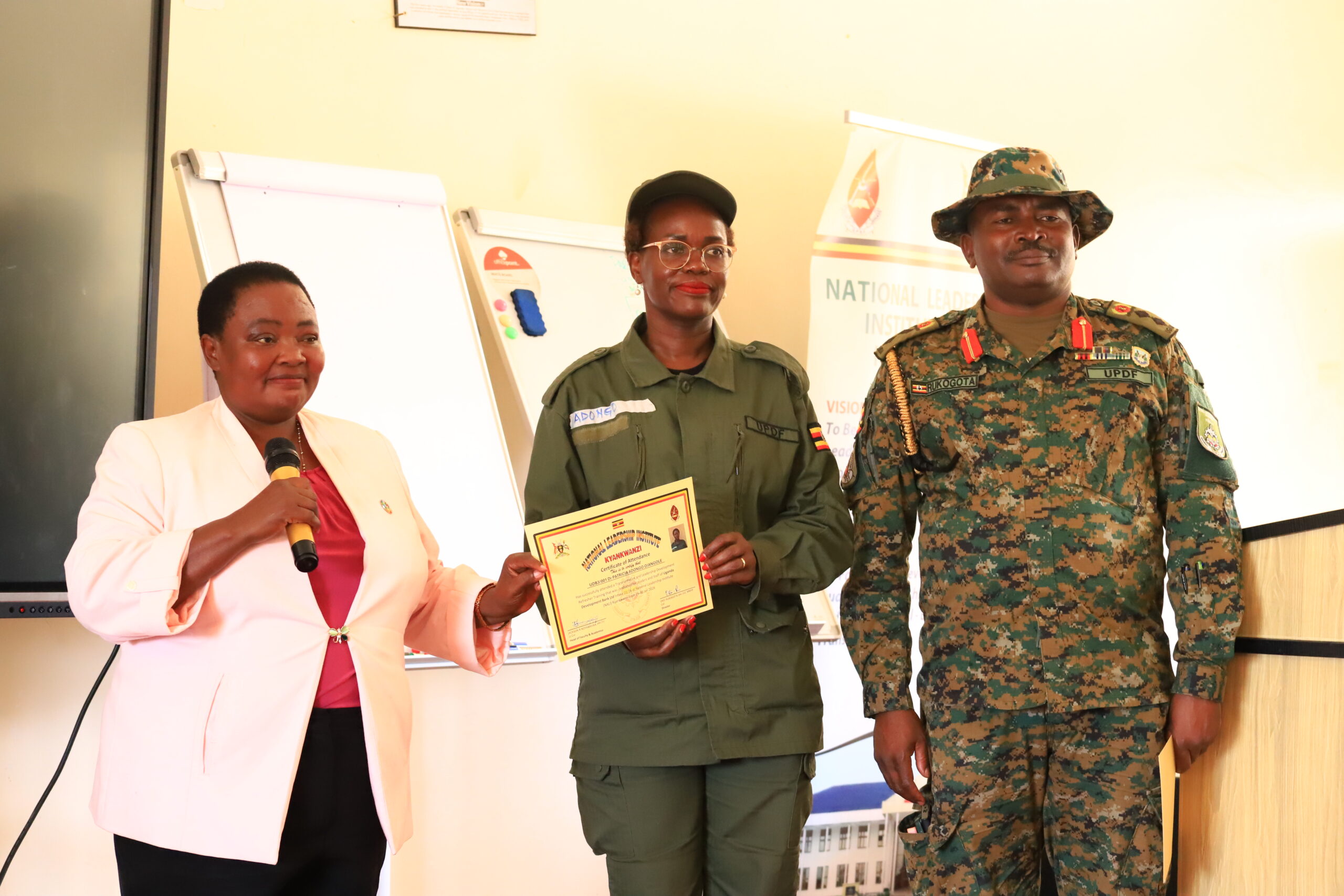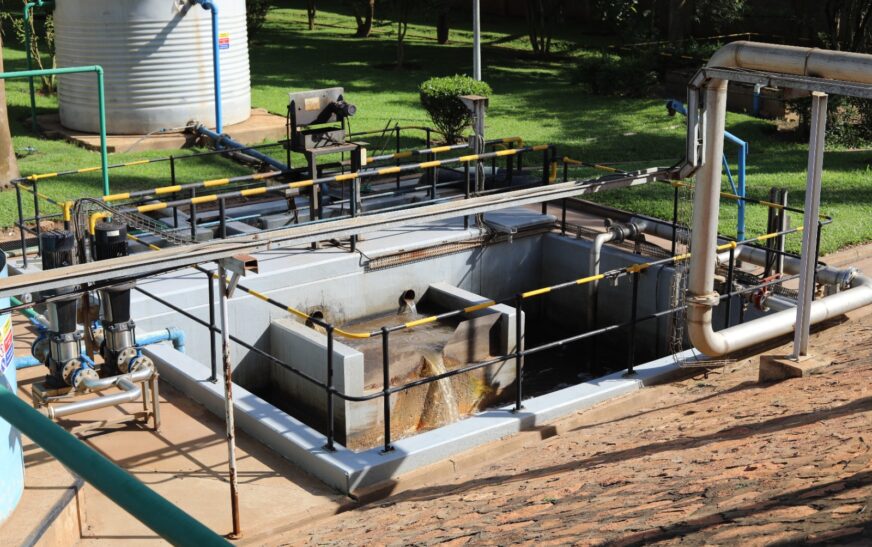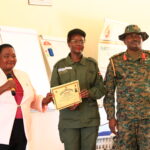Pope Francis, the beloved spiritual leader of the Catholic Church, passed away peacefully at the age of 88 at his residence in Vatican City. According to the Vatican, the Pope died of stroke and heart failure.
Born Jorge Mario Bergoglio in Buenos Aires, Argentina, Francis made history in 2013 when he became the first pope from the Americas, following the resignation of Pope Benedict XVI. His papacy was widely celebrated for its humility, advocacy for social justice, commitment to interfaith dialogue, and passionate call for environmental stewardship.
Cardinals currently in Rome have been invited to a meeting at 9 a.m. on Tuesday to begin planning the Pope’s funeral. During the gathering, they are expected to decide when Pope Francis’s body will be transferred to St. Peter’s Basilica, where the public will have the opportunity to pay their final respects. The Vatican has indicated that the transfer may occur as early as Wednesday morning.
Pope Francis’s death marks the beginning of the traditional nine days of mourning, known as the Novendiales. The funeral and burial are typically held between the fourth and sixth day following a Pope’s death.
Papal Succession: Conclave Ahead
In accordance with Catholic tradition, the death of a sitting Pope initiates the process of selecting a successor through a papal conclave. Only cardinals under the age of 80 are eligible to vote in this secret election, which takes place in the Sistine Chapel. As of January 22, 2025, there are 138 eligible electors out of 252 cardinals.
The voting process consists of four ballots per day until one candidate receives a two-thirds majority. Historically, this process can take between 15 to 20 days.
Potential Successors
Several prominent cardinals have already emerged as leading contenders to succeed Pope Francis. Among the names being widely discussed are: Cardinal Pietro Parolin – Vatican Secretary of State; Cardinal Peter Erdö – Archbishop of Esztergom-Budapest, Hungary; Cardinal Luis Antonio Tagle – Prefect of the Congregation for the Evangelization of Peoples; Cardinal Matteo Zuppi – Archbishop of Bologna, Italy and Cardinal Raymond Leo Burke – American cardinal known for his conservative views
As the world mourns the passing of Pope Francis, attention now turns to the future of the Church—and the selection of its next spiritual leader. The coming days will be filled with both solemn remembrance and critical decision-making, as Catholics around the globe honor the life of a Pope who walked with the people and spoke to the soul of a changing world.
Cardinal Pietro Parolin
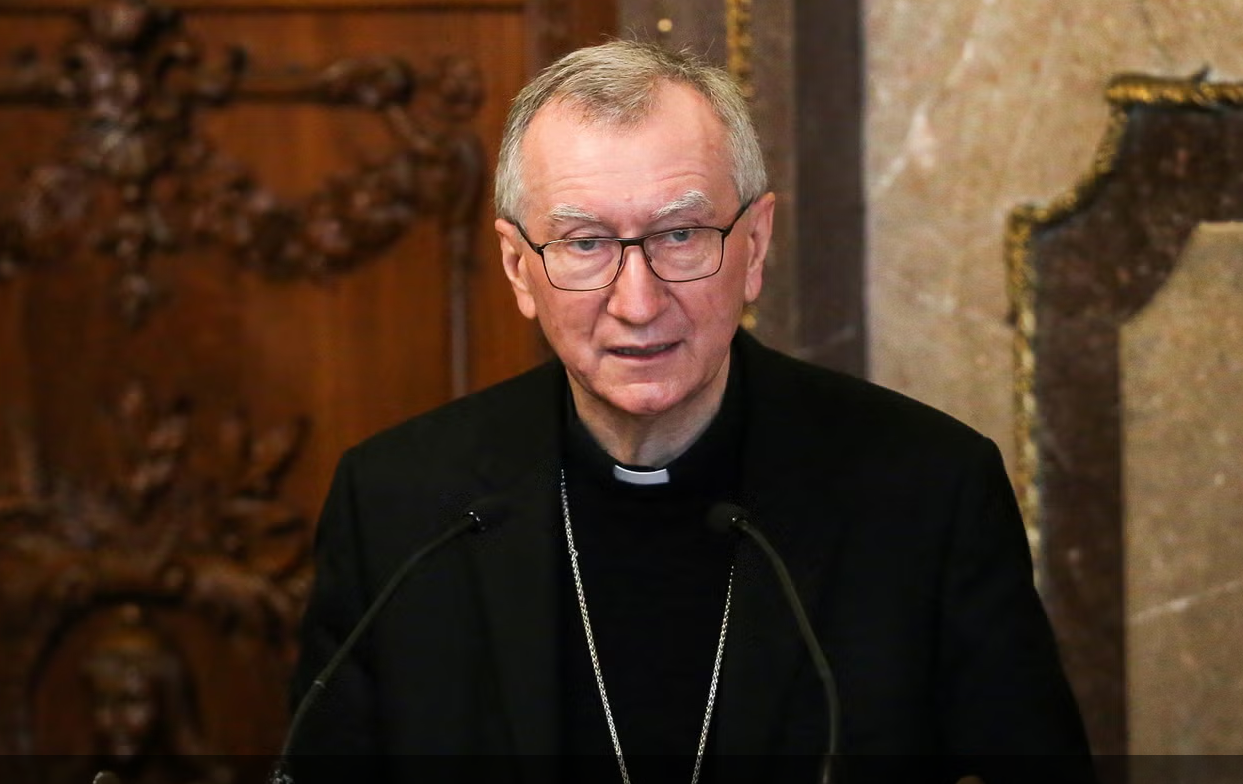
As the Vatican’s secretary of state since 2013, 70-year-old Parolin, from Veneto, is the highest-ranking cardinal in the electing conclave.
Rather than adhering to “left” or “right” political leanings, Parolin has long been considered a sensible moderate figure within the church.
Most recently, Parolin gave an interview with Italian newspaper L’Eco di Bergamo in which he commented on a number of geopolitical issues.
He said: “Everyone can contribute to peace, but solutions must never be pursued through unilateral impositions that risk trampling on the rights of entire peoples, otherwise, there will never be a just and lasting peace.”
Cardinal Peter Erdö
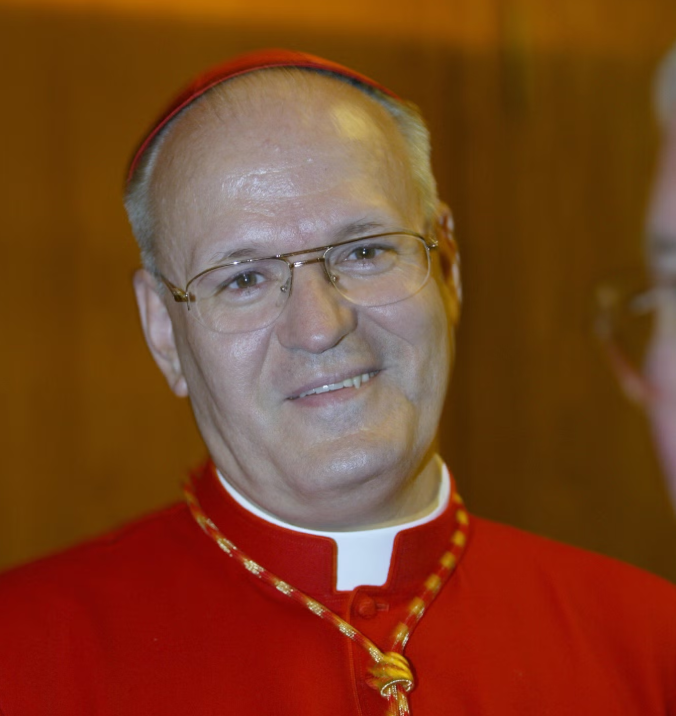
As a former president of the Council of Bishops Conferences of Europe, Cardinal Erdö is known for being a devout Marian, meaning he devotes his practices to Mary, mother of Jesus.
The 72-year-old Hungarian has famously been a more conservative voice within the church, having opposed the practice of divorced or remarried Catholics receiving Holy Communion due to his belief in the insolubility of marriage.
He has also compared the act of taking in refugees to human trafficking. Erdö was made a cardinal in 2003 by Pope John Paul II.
Cardinal Luis Antonio Tagle
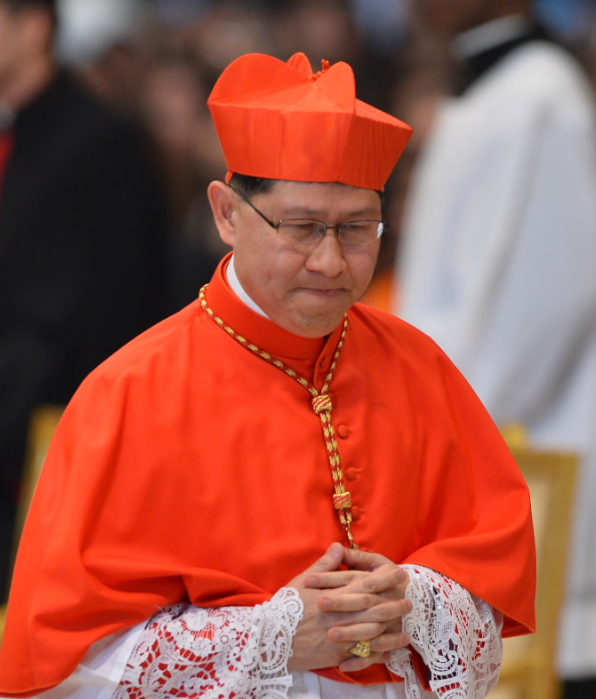
As the seventh Filipino to become a cardinal, Tagle would be the first Asian pope. The 67-year-old currently serves as the pro-prefect for the section of first evangelisation of the dicastery for evangelisation, having been made a cardinal by Pope Benedict XVI.
He has typically shown more left-leaning politics, similar to Pope Francis, after he criticised the church’s attitude and language towards gay people, unwed mothers, and divorced or remarried Catholics.
He said in 2015: “The harsh words that were used in the past to refer to gays and divorced and separated people, the unwed mothers etc, in the past they were quite severe. Many people who belonged to those groups were branded and that led to their isolation from the wider society.”
Cardinal Matteo Zuppi
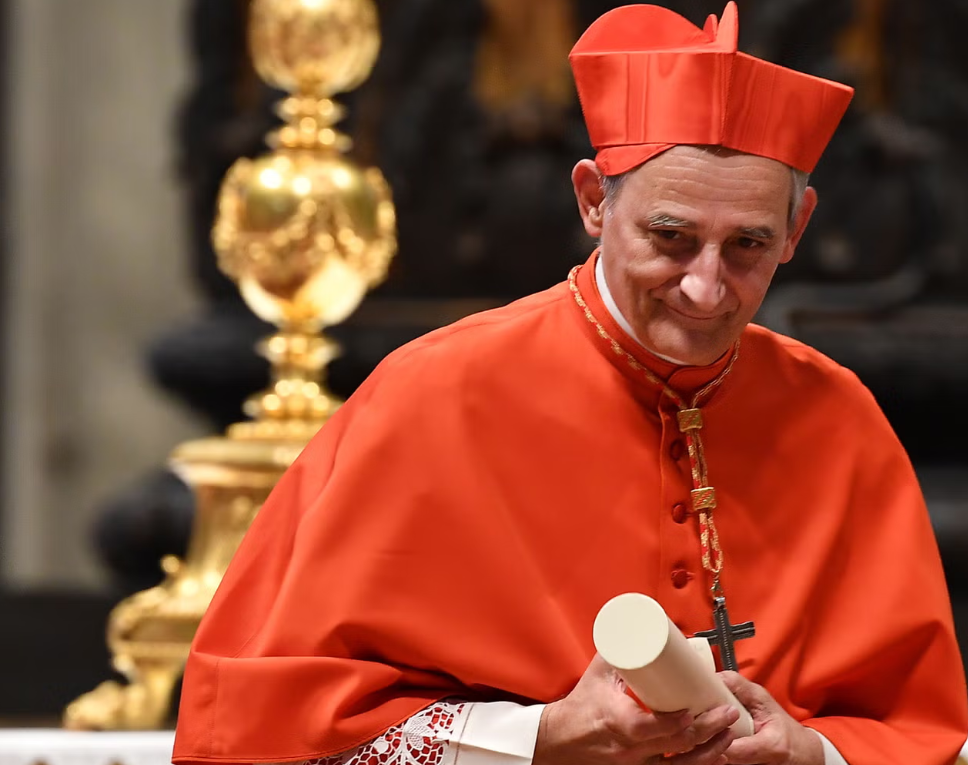
Considered to be a favourite of Pope Francis, Cardinal Zuppi has been president of the Episcopal Conference of Italy since May 2022.
The 69-year-old was made a cardinal by Francis in 2019 and has since been sent on a number of global trips. He went on a peace mission to Ukraine where he met president Volodymyr Zelensky, but not Russia’s Vladimir Putin, and he went to the United States to meet then-president Joe Biden.
Cardinal Raymond Leo Burke
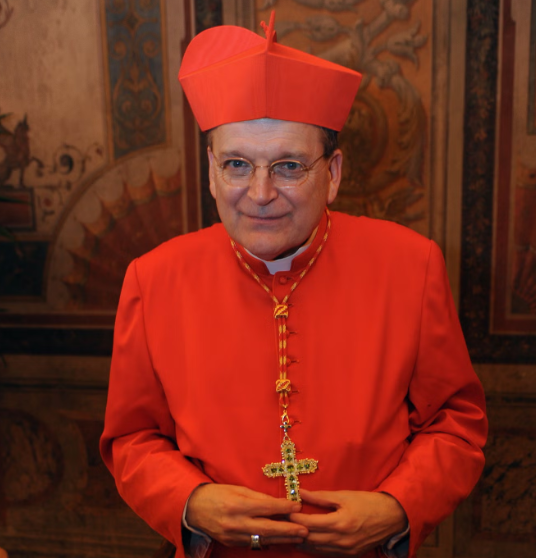
Regarded by critics as an outspoken traditionalist, Cardinal Burke, born in Wisconsin, was made a cardinal by Pope Benedict XVI in 2010.
He has publicly clashed with Pope Francis’s more liberal philosophies, particularly regarding his willingness to allow divorced and remarried couples to receive the Eucharist. He has also called the church’s new language around artificial contraception, civil marriages and gay people “objectionable”.
He previously said that Catholic politicians who support legalised abortion, such as Mr Biden, should not receive the Eucharist.

